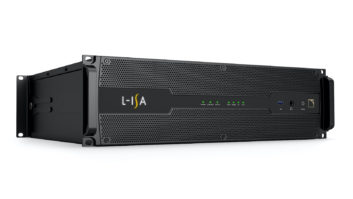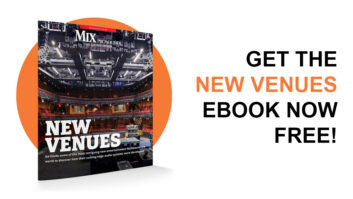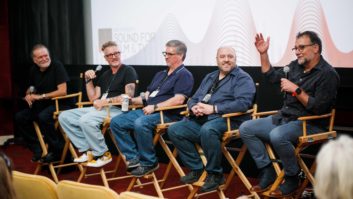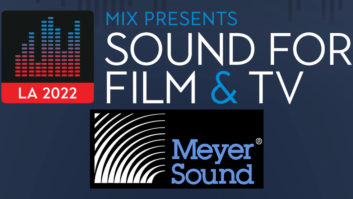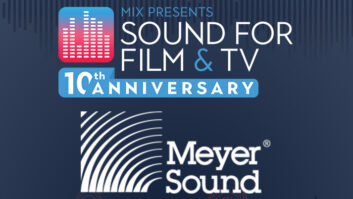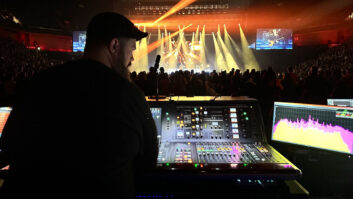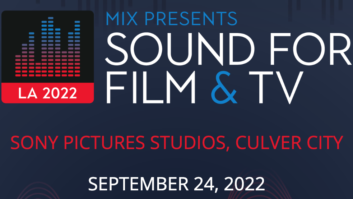The analogue recording technology that was prevalent in the late 1960s gave the music of that era a very specific sound, which is difficult to recreate in today’s digital age.
However, this was the challenge producer Steve Levine faced when he was asked to record a project for music publisher Audio Network that evoked the vibe of soul music of the 1960s.
“Very often film and television production companies, when sourcing music for picture, may not want to use actual songs because they are trying to create an atmosphere rather than have people evoke their own memories,” Steve Levine explains. “Many of those 1960s songs are so well known that it’s hard to watch a scene objectively.”
Working with Audio Network composer Terry Devine-King, Levine set up a recording session in Toe Rag Studios, London, where studio owner Liam Watson has a wealth of vintage analogue equipment, including a classic EMI Red desk. He used a vintage Studer A80 8-track tape machine to record the backing tracks onto one inch tape and transferred them to Logic via a Prism Sound Orpheus. Further overdubs at Toe Rag via the Orpheus were blended with analogue 1” recordings. The material was then taken back to Levine’s own studio, Manmade Soul, so that he could work on lead vocals, final overdubs and the mix.
“It took all my skill and knowledge of vintage and modern production techniques to capture the right sound,” Levin says. “I wanted to preserve the integrity of the sound captured on tape, which is why I chose to use an Orpheus. The Prism Sound interface was patched directly from the back of the tape machine. This worked really well because it is completely transparent and what I was transferring sounded exactly as it did on tape, with no further coloration.”
Levine adds that the session was all about combining microphone placement with the sonic qualities of the tape, the desk and the vintage analogue outboard gear.
“These days one inch tape is expensive so after recording the backing tracks we overdubbed the brass and strings using modern Audio Technica ribbon microphones fed straight through Orpheus and into Logic. This worked really well and allowed us to combine the sound of analogue with the very best that today’s recording technology has to offer. We actually managed to complete the entire project using just three reels of tape.”
Levine, meanwhile, is putting his Prism Sound Orpheus to good use on a number of other projects. One of these involved a masterclass at Buckinghamshire University, where he gave students a practical demonstration in sound recording and mixing techniques.
“The students recorded my new signing, Daytona Lights, in a nearby church hall and I recorded them at a smaller gig. I then took the multitrack files back to the university’s studio to tidy it up and mix it,” he says. “I gave them a few tips and showed them some tricks you can do. It’s always good to have equipment of this caliber on hand when you are recording live sound – and it’s nice to be able to introduce the next generation of sound engineers and producers to the best tools on the market.”
-ends-
About Prism Sound
Founded in 1987, Prism Sound manufacture high-quality professional digital audio equipment for the International broadcast, film, music production, manufacturing and telecommunications sectors. The company’s product range includes the Prism ADA-8XR precision 8-channel converter unit, which is regularly used for music and film soundtrack projects by clients such as EMI Abbey Road, BBC, Sony, Lucasfilm and Walt Disney. Prism Sound also manufactures a range of audio test and measurement products, including the de facto standard DSA-1 handheld digital audio generator/analyser and the dScope Series III audio analyser system.
For more information: www.prismsound.com
